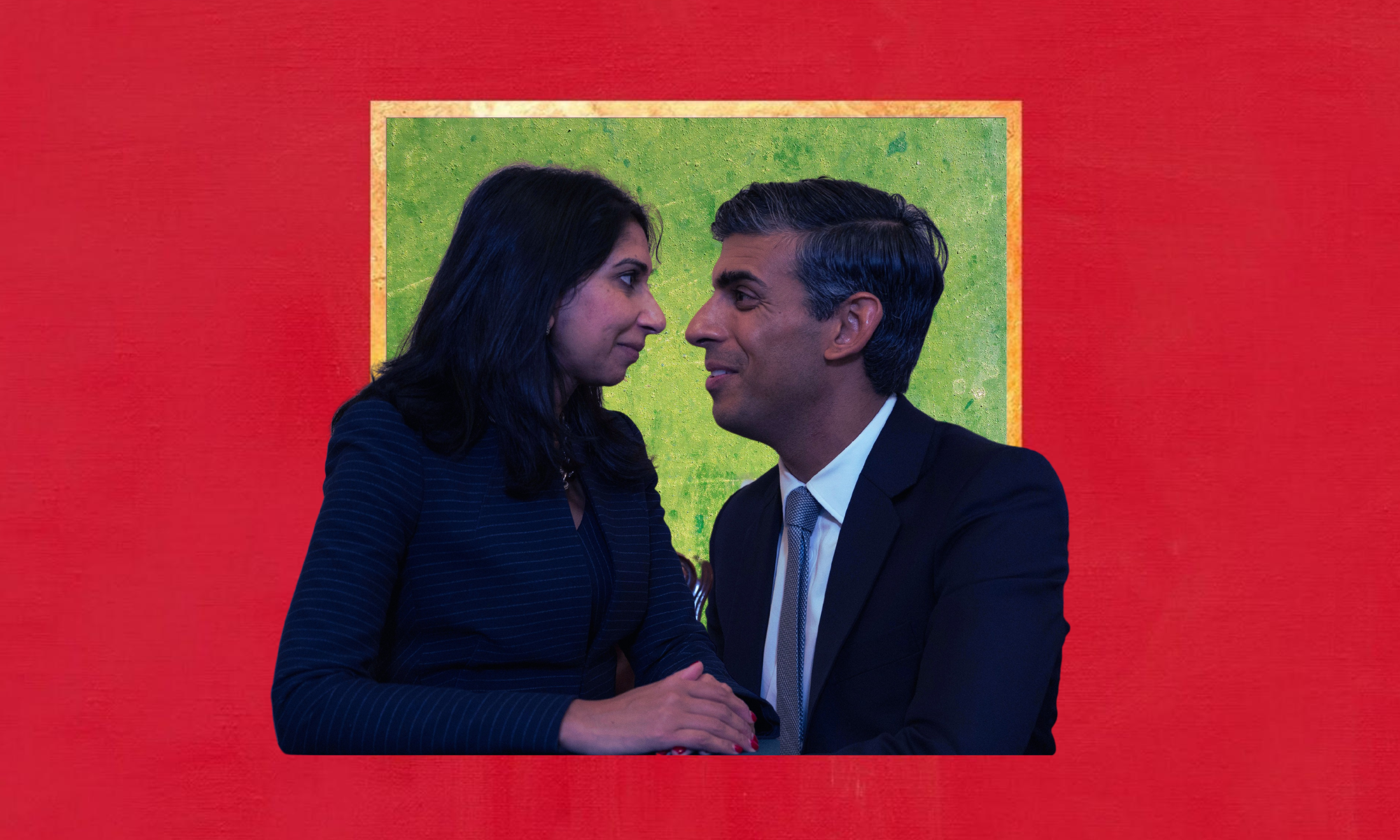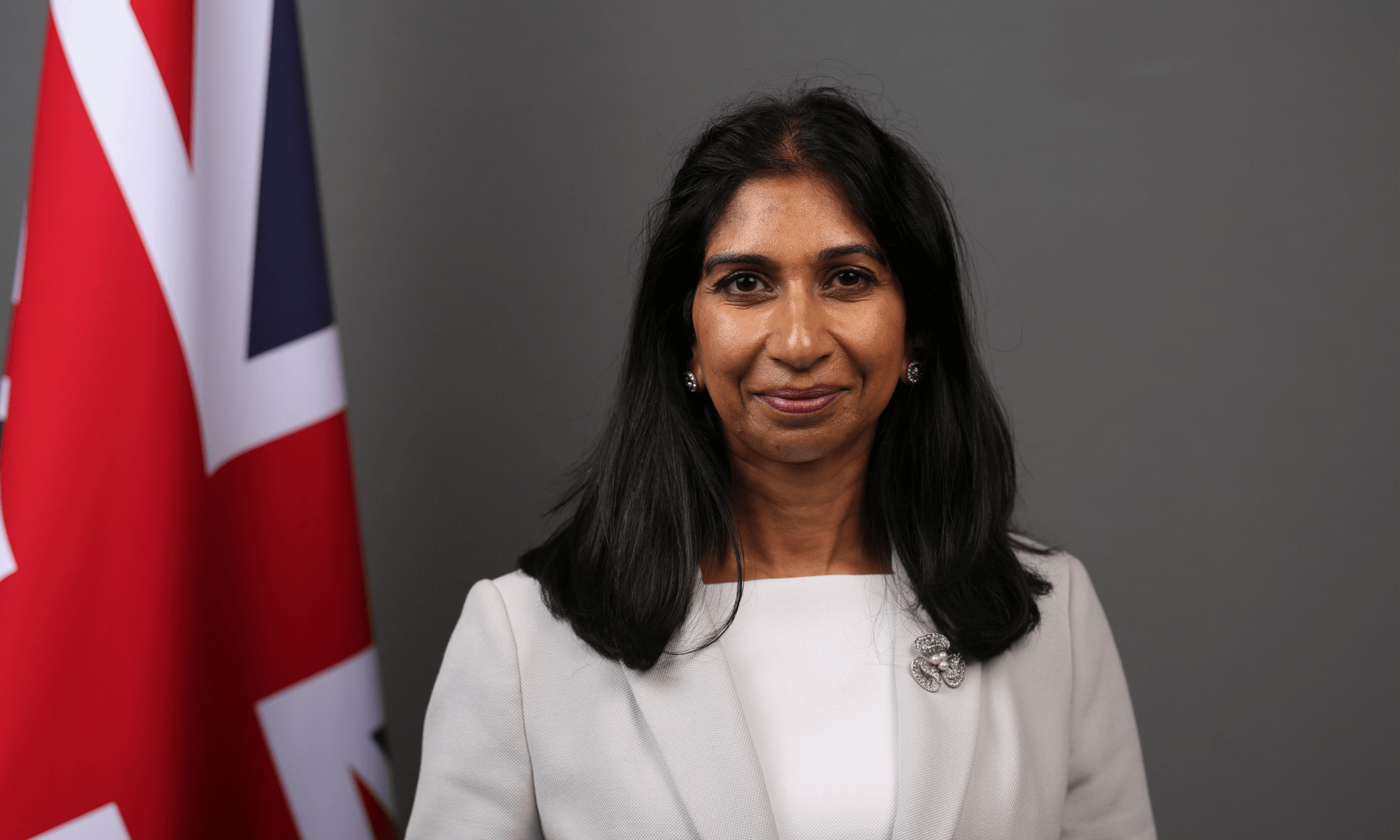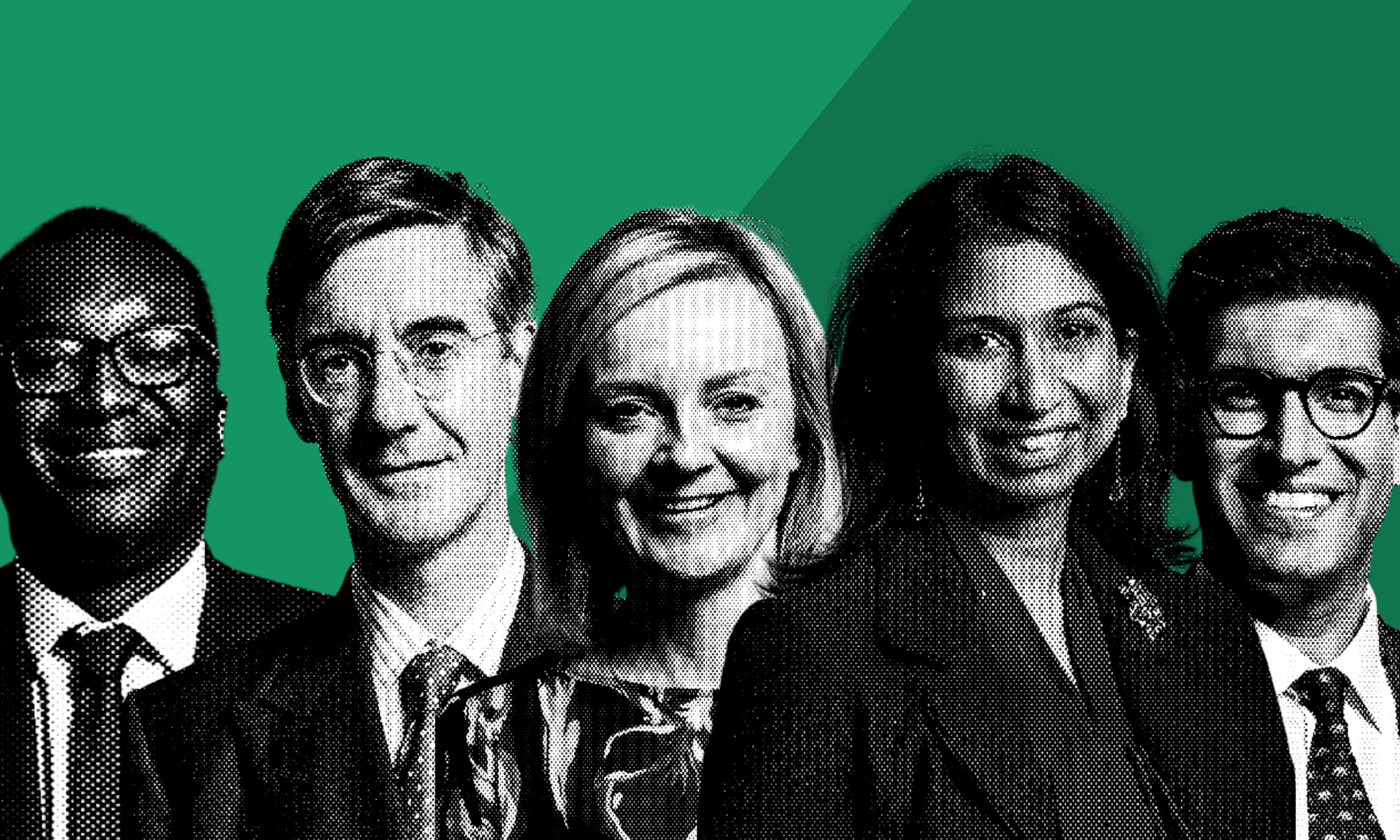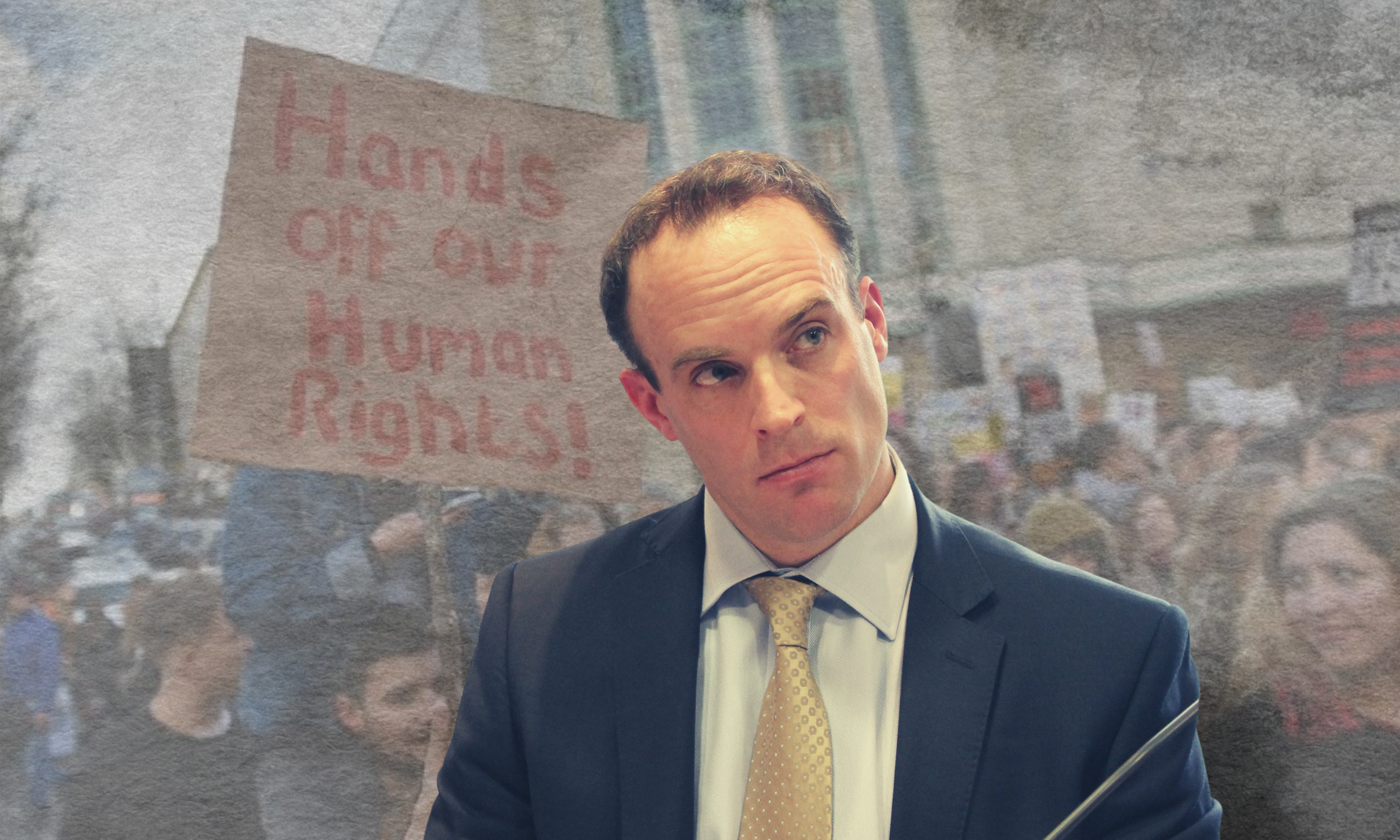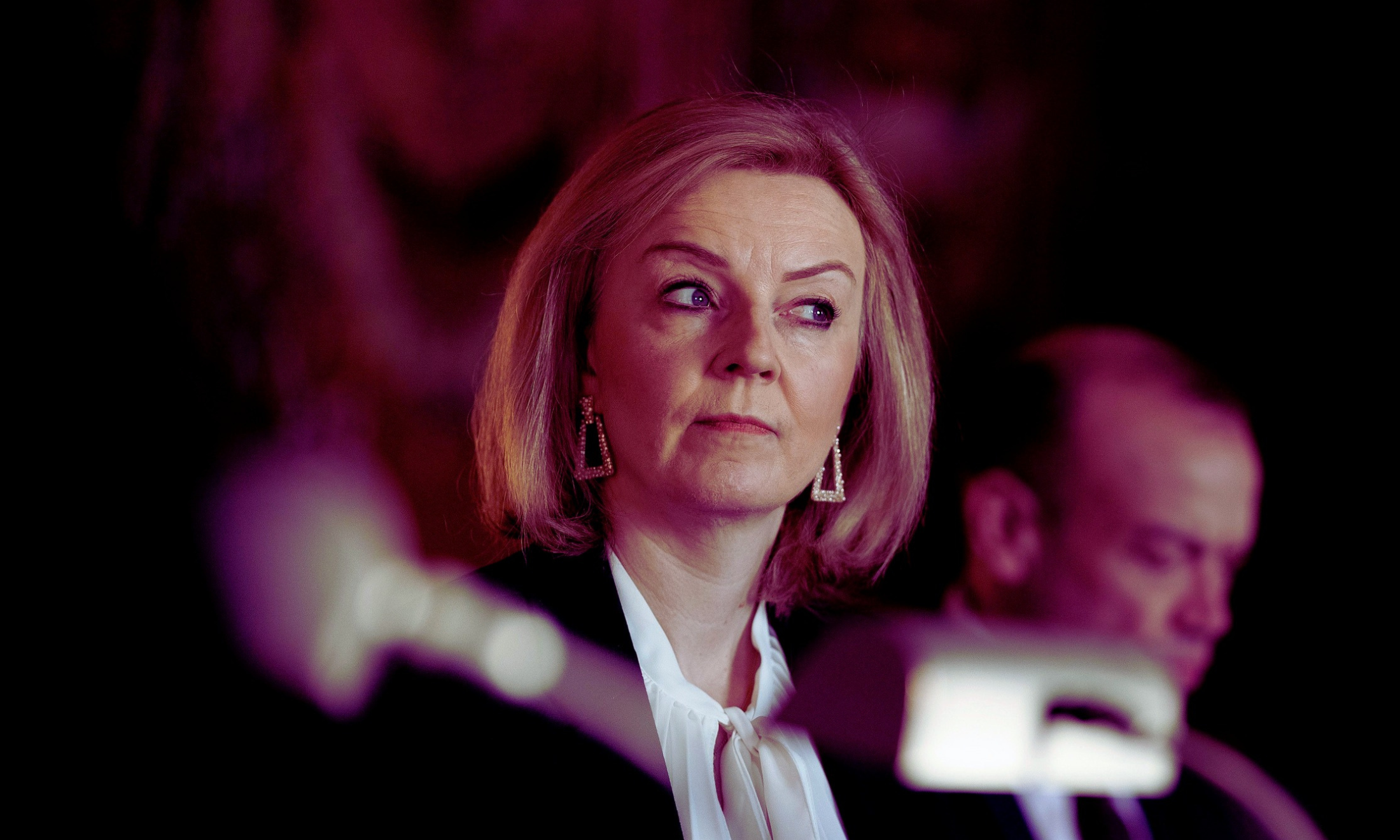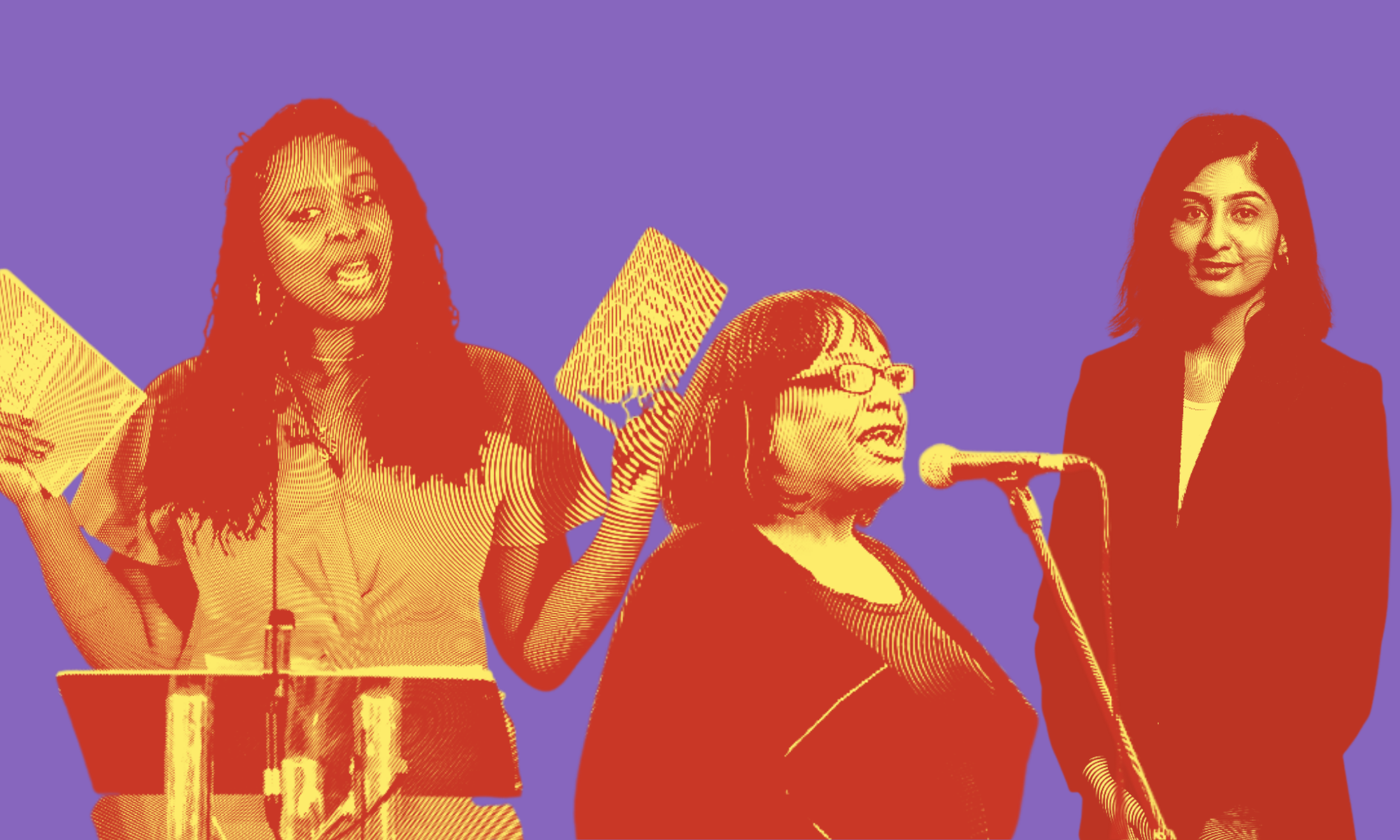
Wikimedia Commons
When will MPs of colour be treated with the same respect as their white peers?
Dawn Butler’s removal from the House of Commons shows us the constant disregard MPs of colour face.
Nyima Jobe
23 Jul 2021
Dawn Butler, Labour MP for Brent, was kicked out of the House of Commons on 22 July after she called Prime Minister Boris Johnson a liar. Citing alleged examples of Johnson’s lies and dishonesty, including instances related to the management of the Covid-19 pandemic, Butler articulated herself with such clarity that she was punished for it. “At the end of the day, the prime minister has lied to this House time and time again and it’s funny that we get in trouble in this place for calling out the lie, rather than the person lying,” she said. Parliamentary rules mean MPs cannot accuse each other of lying. Even if it’s true.
As an MP, your role is to protect your constituents, and to respect and protect democracy. Ultimately, Dawn Butler achieved that this week. Integrity has been vacant for a long time in this current government. Butler chose to stand up for everyone who has had enough of the lies and deception.
The disrespect that MPs of colour receive is a discouragingly common occurrence. Butler is not the first to have passionately voiced her opinion, and in turn, been shut down. Other MPs of colour have also faced the injustice of explicitly stating facts, and then been gaslighted, belittled or tone-policed.
On 15 July, Coventry South MP Zarah Sultana spoke in the House of Commons about the abhorrent racist tweets directed at the Black players of England football squad after the team lost the Euro 2020 final at Wembley. Rightly, she referred to previous comments from the prime minister, and home secretary Priti Patel’s recent comments calling taking the knee “gesture politics,” as contributing to racism in this country.
Home Office minister Victoria Atkins promptly shut Sultana down, telling her to ”lower her tone”. This remark may not be alarming to some, but people of colour know that this is just another microaggression, insidiously used to tell you that you should know your place. It is absurd that a member of parliament can be spoken to this way, as if some politicians place themselves on a pedestal above their colleagues of colour. Need we remind ourselves of how Jess Phillips publicly bragged about allegedly verbally abusing Diane Abbott?
“If these are the attitudes at the top of the government, is it any wonder MPs of colour are treated with such disregard?”
The MPs of colour who are treated with this continuous disrespect and disregard have commonalities between them. They are mostly from the Labour Party, their views and values theoretically in direct opposition to those of the Conservatives (although the job of actually ejecting Butler, in accordance with fell to deputy house speaker Eleanor Laing, who is a Labour MP). Dawn Butler, Zarah Sultana and Diane Abbott’s constituents in Brent Central, Coventry South and Hackney North and Stoke Newington are from ethnically diverse backgrounds. These constituents are the Muslim women the prime minister has described as “bank robbers and letterboxes”. These constituents are the Black people the prime minister has described as “piccaninnies with watermelon smiles”. If these are the attitudes at the top of the government, is it any wonder MPs of colour are treated with such disregard?
White privilege in politics is certainly alive and real as seen during these past few months. We have seen former health secretary Matt Hancock ignore his own advice; advice that he ordered the general public to follow. Yet in Hancock’s situation, where he broke his own rules to pursue an extra-marital affair, his job was initially safe. Boris Johnson accepted Hancock’s apology and “consider[ed] the matter closed,” until the public outrage was too much to take, and only then did Hancock resign. White MPs always seem to have a choice even in times of scandal, whereas MPs of colour such as Dawn Butler are kicked out of Parliament for trying to uphold democracy.
Some may argue that Boris Johnson’s cabinet is made up of MPs of colour, representing diverse ethnic minorities in power who can make a change. But as we have seen, several MPs of colour within the Conservative Party are not actually using that power to help the marginalised or ethnic minority communities they apparently represent. With Priti Patel’s new immigration bill that criminalises asylum seekers and equalities minister Kemi Badenoch’s attempt to discredit critical race theory and the very acknowledgement of white privilege, we see how these politicians on the right ultimately live up to the stereotype of being a “good immigrant”, yearning to please the white man. Contrast this with politicians of colour on the left, and the picture is very different.
MPs of colour are not treated equally to their white peers and they are constantly disrespected, as recent incidents with women of colour MPs from the Labour Party have shown. This is why it is more important than ever that we get more people of colour who actually represent our needs into positions of power, and not just those MPs who have enforced policies that negatively affect their own communities, harkening back to imperial tactics. Through this continued diversity, we can be on the path to end these injustices we are seeing right before our eyes.

Britain’s policing was built on racism. Abolition is unavoidable

How Pakistan’s Khwaja Sira and transgender communities are fearing and fighting for their futures

Their anti-rape performance went viral globally. Now what?


